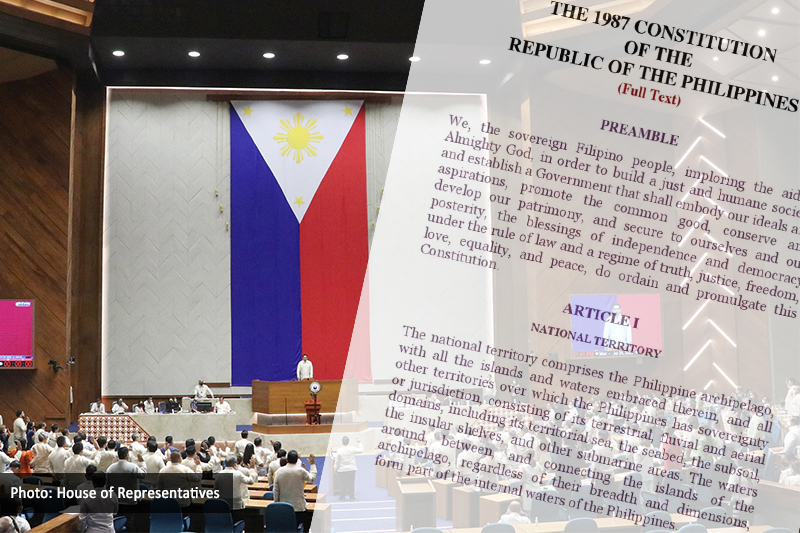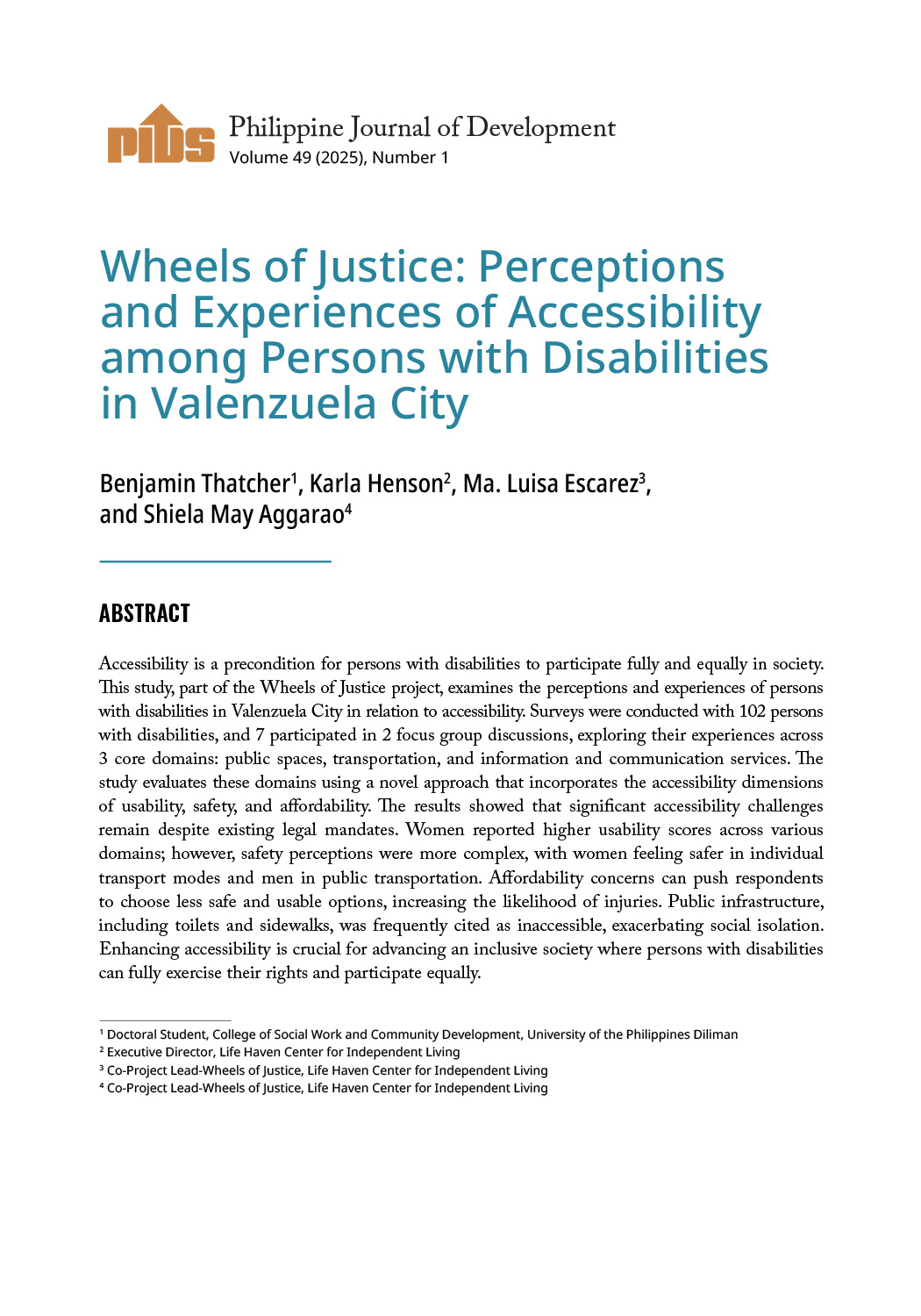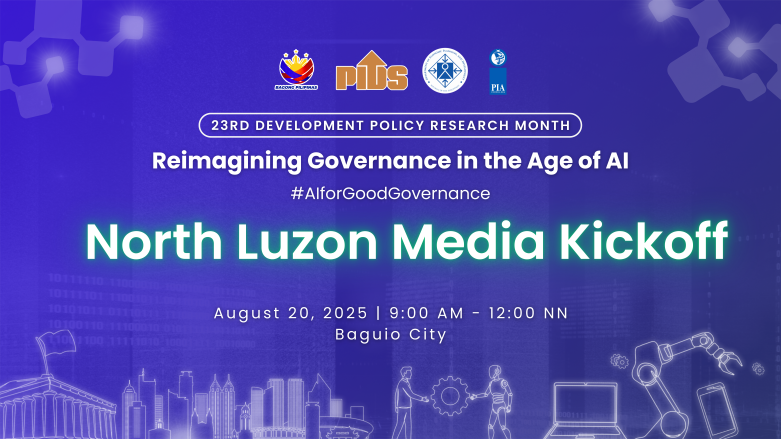
The Philippine service sector holds immense potential in driving the country’s economic growth. A recent publication by state think tank Philippine Institute for Development Studies (PIDS) argues that economic charter change, particularly on service sector reforms, could unlock this potential.
The study titled “Insights into Economic Charter Change and the Case for Services Reform”, authored by PIDS Senior Research Fellow Ramonette Serafica, highlights the need for adaptable policies and government structures. This includes designing regulations that keep pace with the evolving global economy and changing consumer preferences. “By adopting adaptable policies and institutions, governments and stakeholders can capitalize on emerging trends, foster innovation, and enhance competitiveness,” she said.
Serafica asserts the growing importance of the service sector. In 2020, it was the primary recipient of investment activity globally, accounting for 72 percent of total Foreign Direct Investment (FDI). In several countries in East Asia and the Pacific today, the growth rate of services also continued to outperform that of manufacturing in both trade and investments. “This suggests that investors are recognizing the potential and opportunities in service-oriented industries leading to higher FDI inflows compared to traditional manufacturing industries,” she further explained.
One key area for reform identified by the PIDS study is the current legislative franchise requirement. This requirement, rooted in colonial-era laws, necessitates a special government permit and imposes ownership limitations for businesses, particularly in telecommunications and information and communication technology (ICT) sectors. This system increases business costs, creates unfair advantages, and duplicates regulatory functions.
It was noted that the legislative franchise requirement is not common in other countries’ constitutions. The same may not be necessary, as an independent regulatory authority could make licensing decisions. Eliminating the legislative franchise requirement would streamline the process, reduce barriers, and improve the overall business climate.
The study also calls for revising the complete nationalization of mass media as stipulated in the 1987 Constitution. Currently, only Filipino citizens or corporations with full Filipino ownership can participate in the industry. The PIDS study finds no justification for this restriction, arguing that it hinders growth and innovation in the media sector.
“The Constitution emphasizes a balanced flow of information, and respects freedom of speech and the press, but it does not provide a clear rationale for full nationalization of the mass media sector,” Serafica said.
The definition of mass media has evolved with the advent of digital technologies, leading to media convergence and landscape transformation. Incidentally, the restrictions on mass media ownership were initially introduced in the 1973 Philippine Constitution, before the widespread availability of the internet and digital platforms. Serafica proposes crafting policies that balance the interests of stakeholders, protect freedom of expression, and promote a diverse media environment.
The paper also emphasizes the need to adopt a pro-innovation approach to liberalization. It is necessary to enhance the regulatory framework, integrate liberalization into a comprehensive structural reform agenda, and prioritize productivity to improve citizens’ quality of life. According to Serafica, liberalization must be pursued within a broader structural reform agenda to maximize benefits. This means improving regulations and strengthening institutions that foster an economic environment conducive to robust competition, innovation, and efficient resource allocation.
While concerns exist that increased foreign participation in the service sector, following liberalization, could lead to a decline in service quality, it was posited that regulatory bodies will continue to enforce quality and ethical standards for all firms, regardless of nationality. Competition itself can also act as a powerful driver of service improvement.
“There are a lot of problems confronting the country that it is tempting to dismiss economic charter change in favor of seemingly more pressing issues. However, economic charter change offers a strategic opportunity not to be missed,” Serafica said. By strategically pursuing liberalization within a well-defined structural reform agenda, the Philippines can unlock the immense potential of its service sector.
Read the full study at https://pids.gov.ph/publication/discussion-papers/insights-into-the-economic-charter-change-and-the-case-for-services-reform. ###












